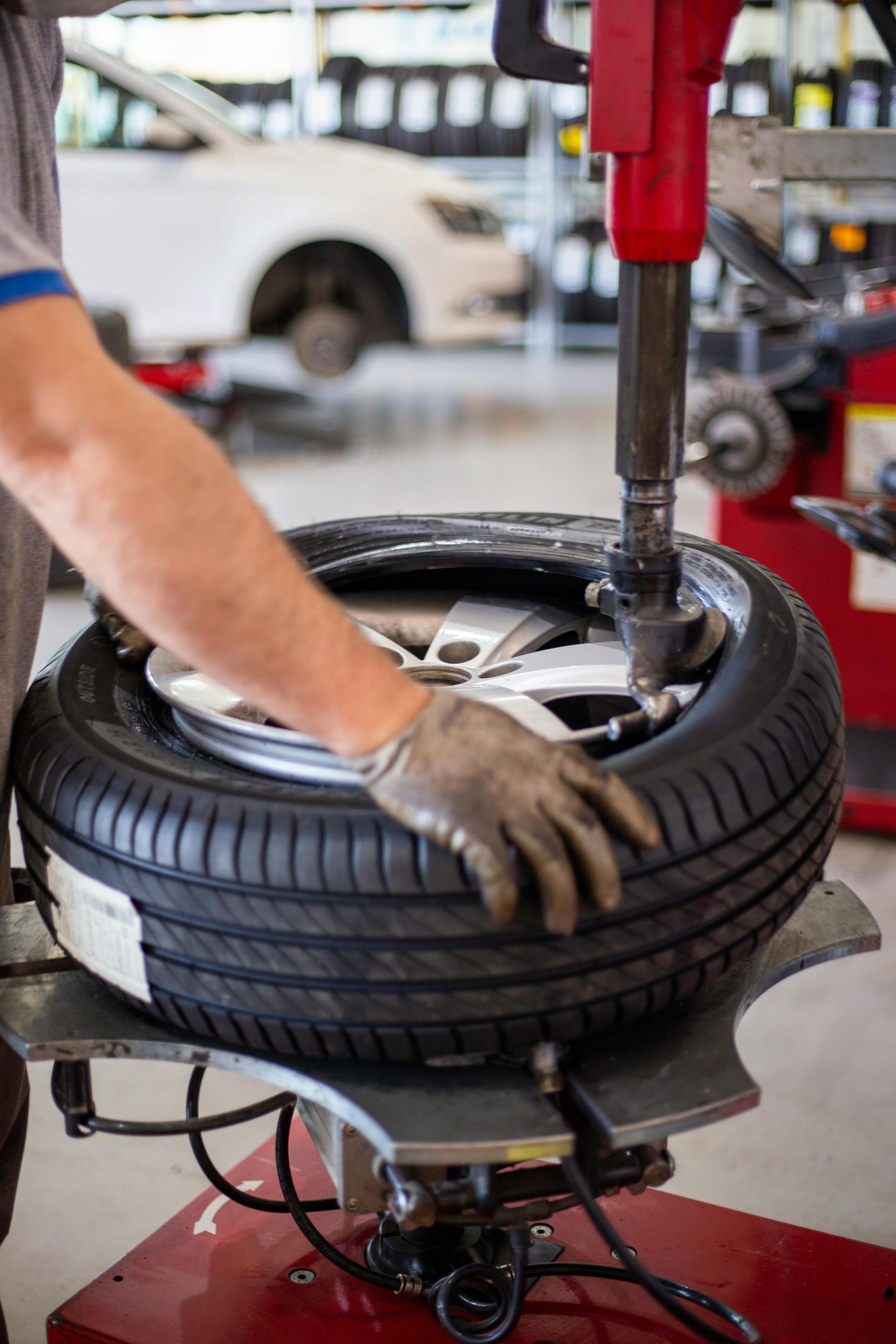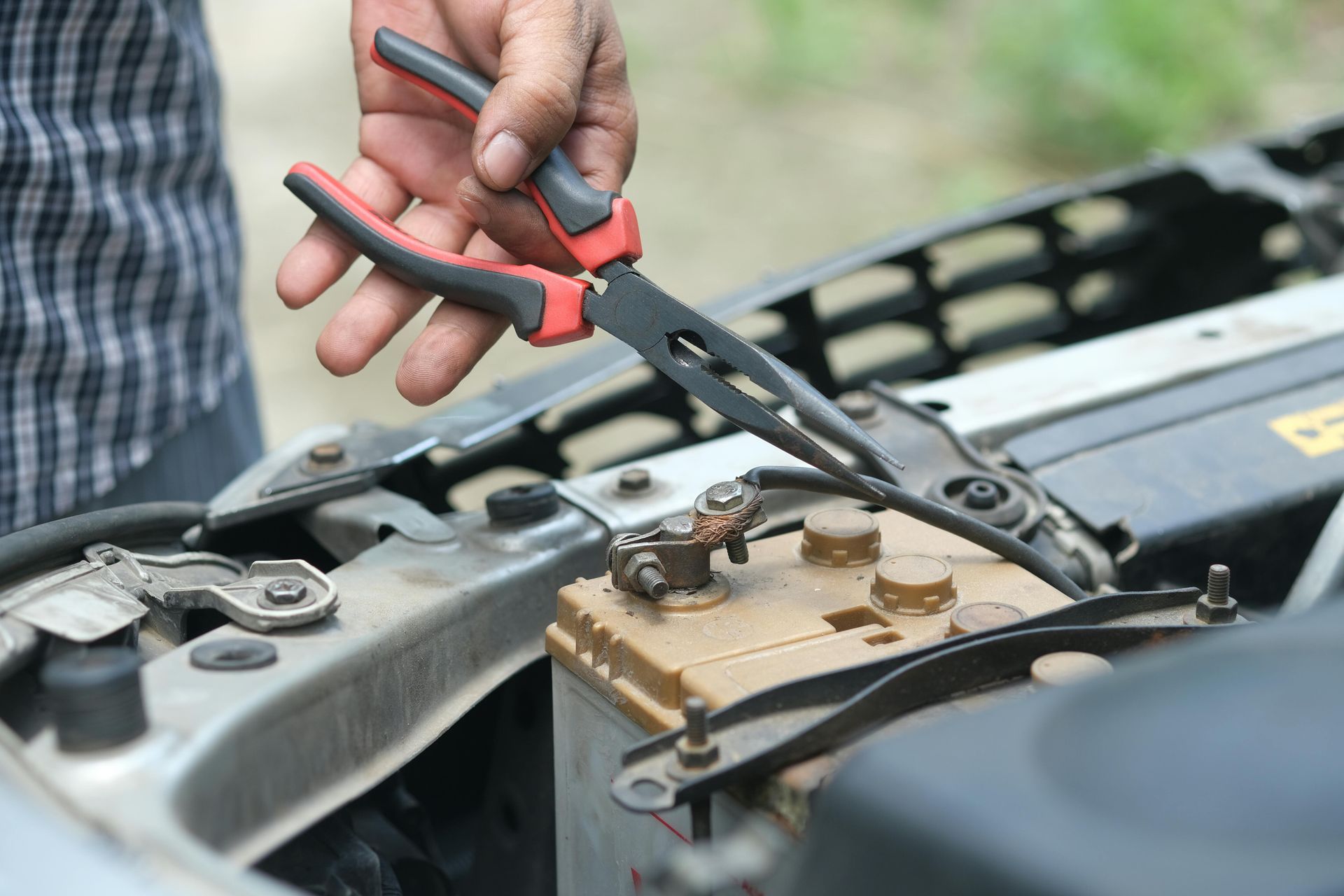At Bendall Auto Service in Yorktown, VA, we understand how crucial proper maintenance is for your vehicle's performance and longevity. While many drivers focus on oil changes and tire rotations, car belts and hoses often escape attention. These seemingly small components play pivotal roles in ensuring your engine runs smoothly and your drive remains safe. In this guide, we'll delve into the world of car belts and hoses, explaining why they matter, how to maintain them, and when it's time to consult our experts at Bendall Auto Service.
Why Car Belts and Hoses Matter
Car belts, such as the serpentine belt, and hoses are essential for your vehicle’s operation. They connect various components, like the alternator, power steering pump, and water pump, ensuring they operate harmoniously. A malfunction in these parts can lead to severe engine damage or a breakdown. That’s why understanding their roles and keeping them in good condition is crucial for your safety and your vehicle's efficiency.
Common Types of Belts and Hoses
Serpentine Belt
This belt powers several essential components, such as the alternator, power steering pump, air conditioning compressor, and sometimes the water pump. Its failure can result in a sudden loss of power steering or an overheated engine.
Timing Belt
The timing belt connects your engine’s crankshaft and camshaft, ensuring the valves open and close at the proper times. A broken timing belt can lead to severe engine damage.
Radiator Hoses
These hoses transport coolant between the engine and radiator. A failure here can lead to overheating, a serious issue that might cause extensive engine damage.
Heater Hoses
They carry coolant to the heater core, providing warmth to the cabin. A problem with these hoses can affect your vehicle's comfort and cooling system functionality.
Signs of Wear and Tear
Regular inspections can help catch issues early. Look for cracks, fraying, glazing, or squealing noises coming from your belts, or check hoses for leaks or soft spots. At Bendall Auto Service, we recommend having these components inspected at least once a year, or more frequently if you’re experiencing any signs of distress.
When to Replace Belts and Hoses
The lifespan of belts and hoses can vary, but as a rule of thumb, timing belts should be replaced every 60,000 to 100,000 miles, serpentine belts every 50,000 miles, and hoses every four years. If you're in doubt, consult with our specialists at Bendall Auto Service in Yorktown, VA—we're here to make sure your vehicle is running smoothly.
Preventative Maintenance Tips
Maintaining your belts and hoses can prevent expensive repairs and ensure your safety on the road. Here are some tips to keep in mind:
- Regularly inspect belts for any visible wear or damage.
- Check hose connections and ensure they are tight and secure.
- Look out for signs of leaks or cracks on hoses.
- Schedule regular inspections with us at Bendall Auto Service in Yorktown, VA.
Why Choose Bendall Auto Service?
At Bendall Auto Service, we pride ourselves on delivering top-notch service tailored to your automotive needs. Our experienced technicians are trained to handle any issues related to belts and hoses, using the best tools and methods. We ensure that your vehicle not only operates safely but also efficiently, giving you peace of mind on the road in Yorktown and beyond.
Conclusion
Don’t wait until a small issue becomes a major problem. By understanding and maintaining your car’s belts and hoses, you can improve your vehicle’s performance and longevity. Schedule your inspection with Bendall Auto Service today and let our experts provide the care your car deserves.






